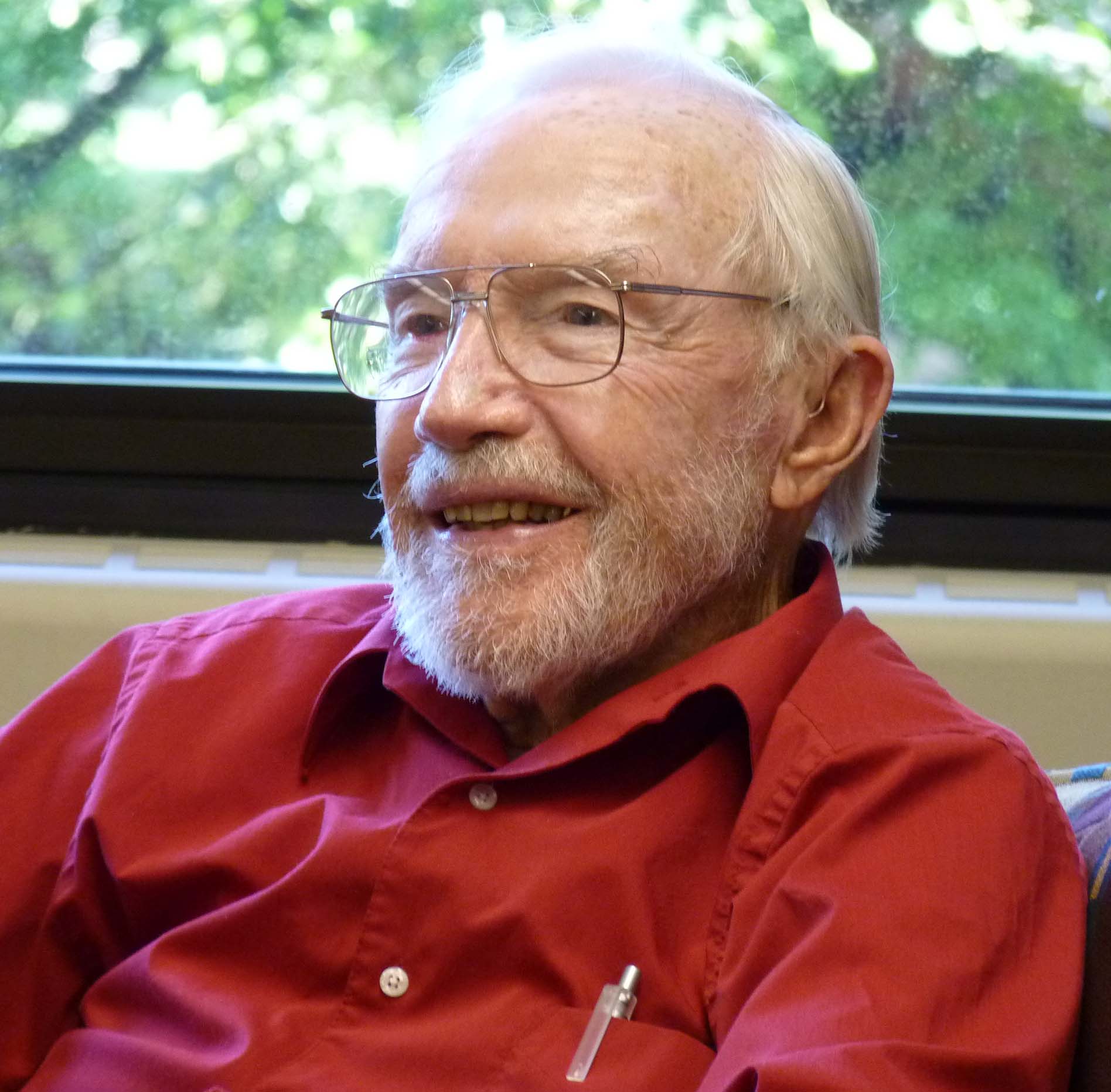LNB autoritātes
AleppID: LNC10-000117518
ViafURL: http://viaf.org/viaf/13554346
DomID: 19459 Go to Dom link Go to Dom xml data
IsniID: 0000000117441994
|
|
<ill-get-doc>
<record xmlns="http://www.loc.gov/MARC21/slim/" xmlns:xsi="http://www.w3.org/2001/XMLSchema-instance" xsi:schemaLocation="http://www.loc.gov/MARC21/slim http://www.loc.gov/standards/marcxml/schema/MARC21slim.xsd">
<leader>^^^^^nz^^a^^^^^^^n^^4500</leader>
<controlfield tag="001">LNC10-000117518</controlfield>
<controlfield tag="005">20080812110018.0</controlfield>
<controlfield tag="008">080812nn|adnnnaabn||||||||||^a|aaa||||^^</controlfield>
<datafield tag="024" ind1="7" ind2=" ">
<subfield code="a">0000000117441994</subfield>
<subfield code="2">isni</subfield>
</datafield>
<datafield tag="035" ind1=" " ind2=" ">
<subfield code="a">(VIAF)13554346</subfield>
</datafield>
<datafield tag="040" ind1=" " ind2=" ">
<subfield code="a">NLL</subfield>
<subfield code="b">lav</subfield>
</datafield>
<datafield tag="100" ind1="1" ind2=" ">
<subfield code="a">Jenkins, James J.</subfield>
</datafield>
<datafield tag="670" ind1=" " ind2=" ">
<subfield code="a">Dember, W.N. General psychology, 1973:</subfield>
<subfield code="b">titlp. (James J. Jenkins)</subfield>
</datafield>
<datafield tag="670" ind1=" " ind2=" ">
<subfield code="a">Kongresa bibliotēkas autorit. ierakstu datne</subfield>
</datafield>
<datafield tag="856" ind1="4" ind2="0">
<subfield code="u">http://viaf.org/viaf/13554346</subfield>
<subfield code="y">VIAF ID</subfield>
</datafield>
<datafield tag="915" ind1="0" ind2="3">
<subfield code="a">20080812.03INGRIDAD</subfield>
</datafield>
</record>
<session-id>9H2TMUVXCFBPGS6SS9VG5EX7HS7MNMGT5I32VQXXG36RNBMHNH</session-id>
</ill-get-doc>
James_J._Jenkins

- James J. Jenkins (July 29, 1923 – November 17, 2012[1]) is an American psychologist who played a significant role in the development of cognitive psychology.[2]
- Trained as an industrial psychologist, his early career was shaped by his Fellowship at the Social Science Research Council’s 1953 summer meeting that established the discipline of psycholinguistics.[3] He initially attempted to apply a modified version of behaviorism to the problems of language behavior, and while his “mediational” approach was very influential, he became convinced that it could not provide an adequate account of the structural nature of language as articulated by Noam Chomsky.[2][4][5] He continued research on language and cognition, eventually focusing on topics concerning speech perception (in collaboration with his wife, Winifred Strange). His research was marked by an interest in new and even radical ideas (e.g., those advocated by James J. Gibson), a keen appreciation of the value of studying real-world problems (as in his early research on aphasia[6]), and a willingness to give up cherished theories when the facts drove him to do so.[7] "If you're not making any progress toward understanding the problem," he said, "you've got to change."[2] He had an infectious enthusiasm for both research and teaching, and his impact on young psychologists was tremendous. He supervised 46 PhD students in his first academic position at the University of Minnesota[8] and through his career served as advisor or co-advisor of 82 PhD's.[9][10] He is beloved by his students, whom he encouraged to follow their own diverse interests. His students made many important contributions to psychological research (as just one example, the influential work on abstraction in memory done by his students John Bransford and Jeffrey Franks[2][11]).
- Jenkins enlisted in the Army in 1942 and was trained as a meteorologist, receiving a B.S. in physics from the University of Chicago in 1944. After serving as a weatherman in the Army Air Forces in the U.S and the South Pacific, he returned to William Jewell College to earn an A.B. in psychology in 1947. He then earned a Ph.D. in psychology at the University of Minnesota in 1950, studying industrial psychology under Donald G. Paterson (who trained even more Ph.D.’s in his career than Jenkins did[8]). He remained at the University of Minnesota as a professor in the Psychology Department from 1950 to 1982. From 1965 to 1973, he was founding Director of the newly established Center for Research in Human Learning of the University of Minnesota, where he remained as Director of Training until 1982. In that year, he moved to the University of South Florida, first as Chair of the Department of Psychology, and then as Distinguished Research Professor until he became Emeritus in 2000. He served as an Adjunct Research Professor at the City University of New York from 2000 through 2008. He was a Fellow at the Center for Advanced Study in the Behavioral Sciences in 1957–58 and 1964–65 (where he and a group of distinguished scholars ended a night-long celebration of their year together by attempting to watch the sun rise over the Pacific Ocean), and a visiting professor at the University of Colorado, Yale University, and the City University of New York.
- Jenkins is a Fellow of the American Association for the Advancement of Science, the American Psychological Society/Association for Psychological Science, the American Psychological Association and the Acoustical Society of America. He is a member of the Society of Experimental Psychologists and the Psychonomic Society, the Midwestern and Southeastern Psychological Associations, the Southern Society for Philosophy and Psychology, and the International Society for Ecological Psychology. He served as chairman of the Society of Experimental Psychologists (1972–73), chairman of the Psychonomic Society Board of Governors (1978–79), chairman of the Board of Scientific Affairs of the American Psychological Association (1969–1971), president of the Midwestern Psychological Association (1967–68), president of Division 3 (Experimental) of the American Psychological Association (1973–74), among other contributions to professional societies. He was consulting editor, associate editor, or editor of several major professional journals and member of several NIH and NIE grant panels, member of the National Research Council for four years, and chairman of the Social Science Research Council Committee on Linguistics and Psychology (1960–1962). His academic honors include the previously mentioned Fellowships at the Center for Advanced Study in the Behavioral Sciences and the Social Science Research Council Fellowship at the seminal 1953 Social Science Research Council Summer Institute in Psycholinguistics, as well as an SSRC Faculty Fellowship, a Ford Foundation Faculty Grant, a Citation for Achievement from William Jewell College (1968), a Phi Kappa Phi (University of South Florida Chapter) Artist/Scholar Award (1985), a Sigma Xi (USF Chapter) Outstanding Research Award (1987), and an Outstanding Alumni Achievement Award from the University of Minnesota (2001).[12]
- (From over 200 books, chapters, journal articles, and technical reports; see footnote 8 for a complete bibliography).